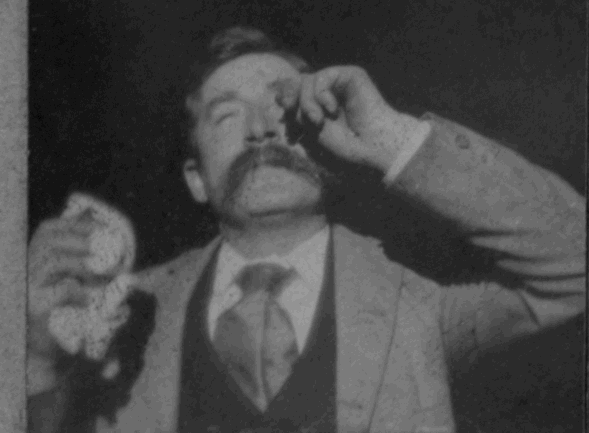German in English I
- Stefan Israel
- Oct 7, 2019
- 2 min read
Updated: Mar 6, 2023
Gesundheit!
Bless you? Gesundheit? In the American melting pot, you hear bits of the various ingredients still in the mix. Sneeze, and someone may wish you health, gesundheit (“guh-ZOONNT hite”)- the -sund- part is related to our ‘of sound health’. Myself, I still automatically say gesundheit.
We toss around Scandinavian words like fjord or Japanese ones like tsunami. The beautiful mustang horse gets its name from the Spanish. Your New England chowder? It’s thought to come from Quebecois French chaudière ‘bucket’. It all goes into the stew.
Why did we take a spin through some of the words that German immigrants brought across the sea?
Don’t get fresh with me!*
I- huh- what? What does non-staleness have to do with cheekiness? English had the word fresh, but German migrants brought two words, frisch and frech. Frisch means non-stale, it’s the German version of our word ‘fresh’, but frech means cheeky, impudent. In formal German, it’s pronounced... well, it’s pronounced like this:
vs.
We don’t normally have that -hy- sound at the end, though many Americans run the hy- sound of huge (hyooj), human, Hubert together into that sound. But colloquially, lots of Germans pronounced it as fresch - just like English fresh. So when German immigrants said not to get fresch with them, American English’s fresh picked up that meaning, too. Those cheeky Americans.
Kaput! When something’s kaput, like German kaputt, it’s broken, ruined, no good any longer.
Schmutzig! I’ve known various German-Americans who still know- and cringe at- the word schmutzig ‘dirty’, from their German-born grandmother’s insistance on rigorous cleanliness. It’s related to the word ‘smut’, including in the meaning of the black mold on corn that looks like dirt.
There are a lot of little remnants of German in American English like that, still used in families. My father sometimes affectionately calls my sister nixnux, which doesn’t mean anything. But nixnutz or nichtsnützig does mean something, it means ‘not worth anything, useless.’ !? How could he say that? Well, he doesn’t speak German, it’s just a term of affection, and whatever older people he picked it up from used it for affectionate teasing. Silly comes from ‘soul’, ‘soulful’, nice from Latin nescius ‘doesn’t know anything’. Words can change like leaves in the fall.
Kindergarden. That is just slightly Anglicized from Germans Kindergarten, children’s garden, a lovely way of saying it.
We'll come back periodically to more of these Germanisms, plus Scandinavian and Dutch words that have snuck in as well.
*P.S. the Batman cartoon was recaptioned into German Swabian dialect: Robin says ‘All Swabians are dumb!’ and an offended Batman replies ‘a few [slaps] across yer trap, ya lousy jerk!’ Swabians love their mother Swabian dialect!
Do you have any German, Danish, Dutch, Swedish or Norwegian documents you can't read? We can help. Find out more here.
Would you like to share this piece? You have full permission to share as long as you include Stefan's bio and this link to sign up and keep in touch with us.
Click here for a printer-friendly version of this blog.










